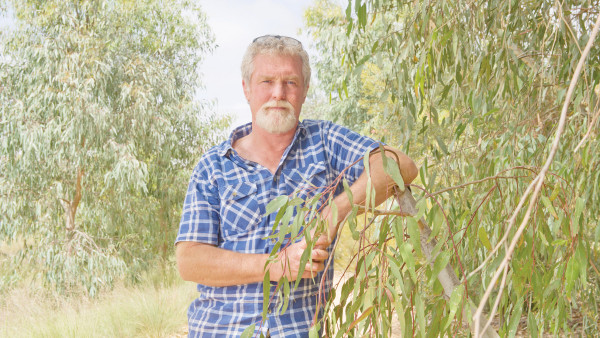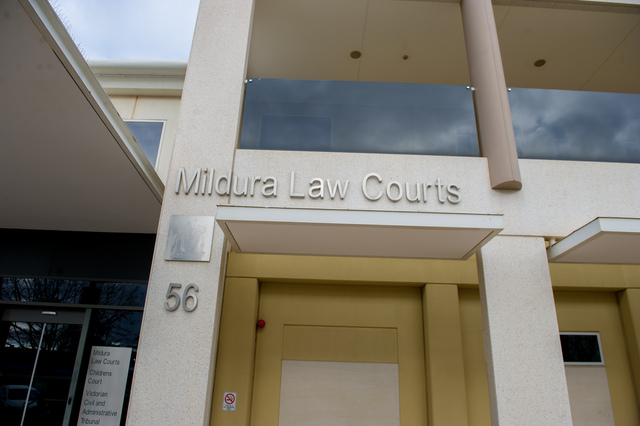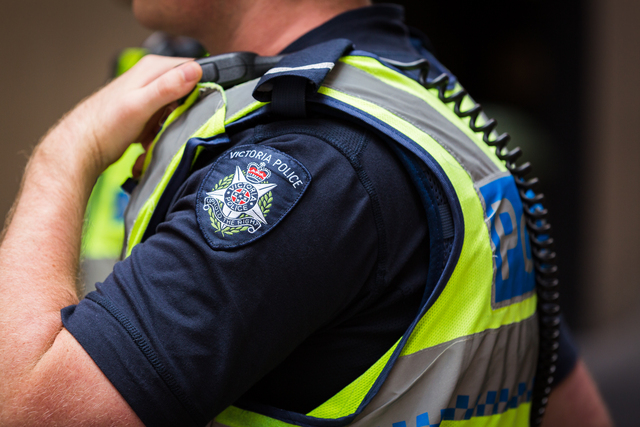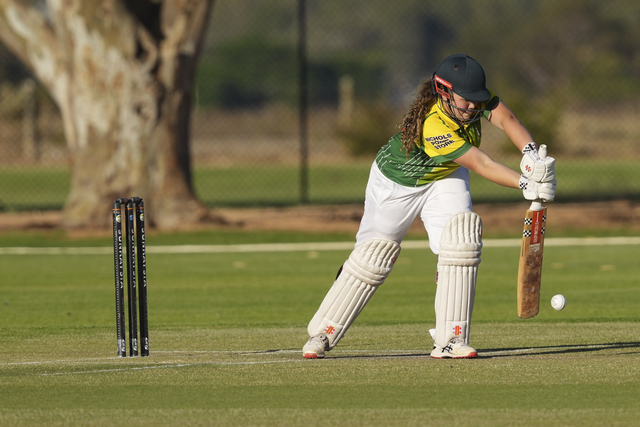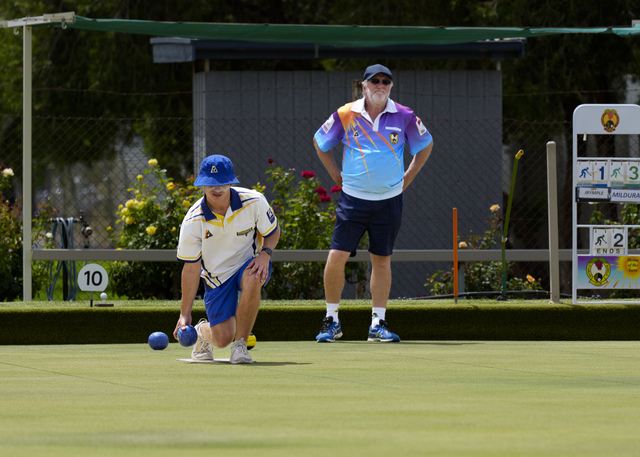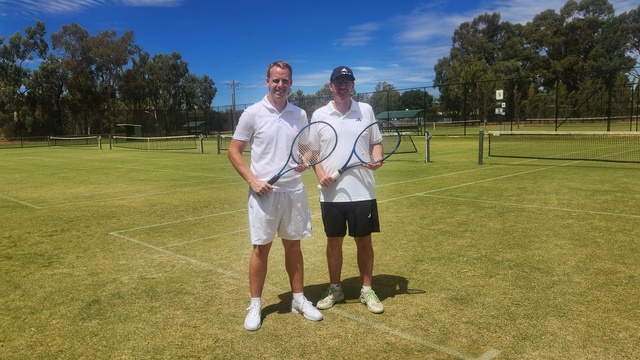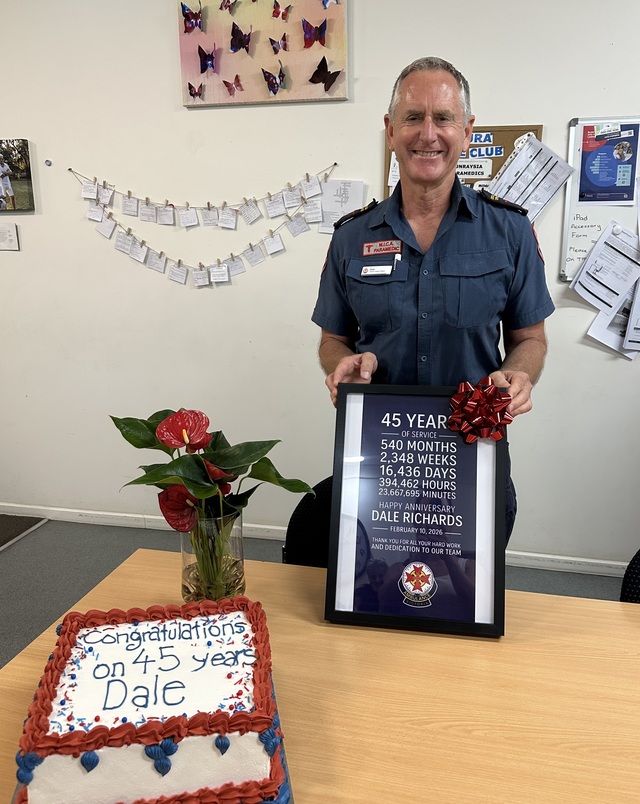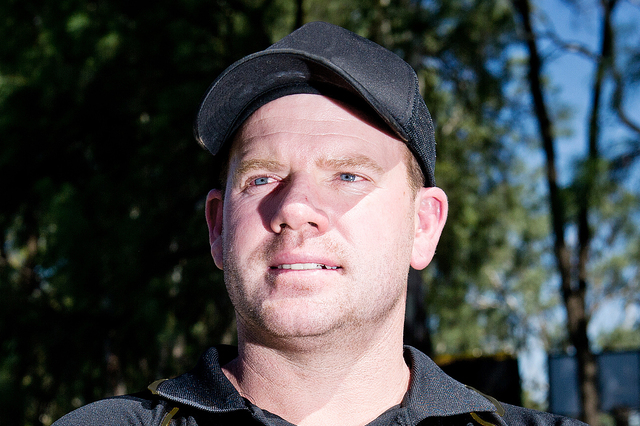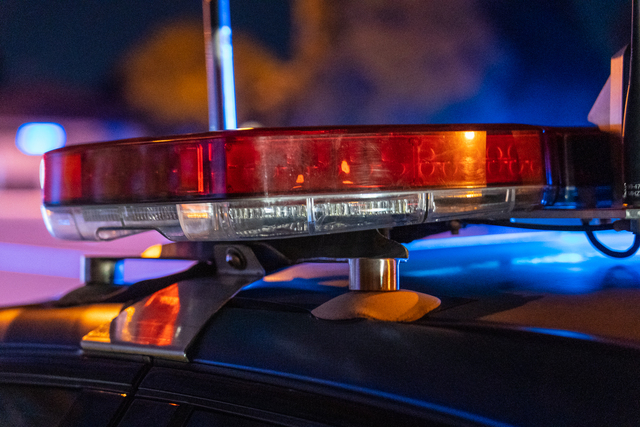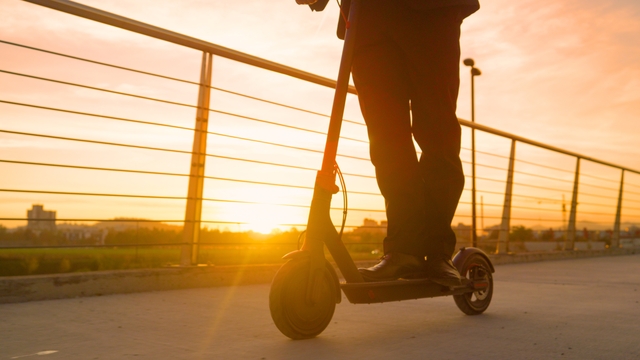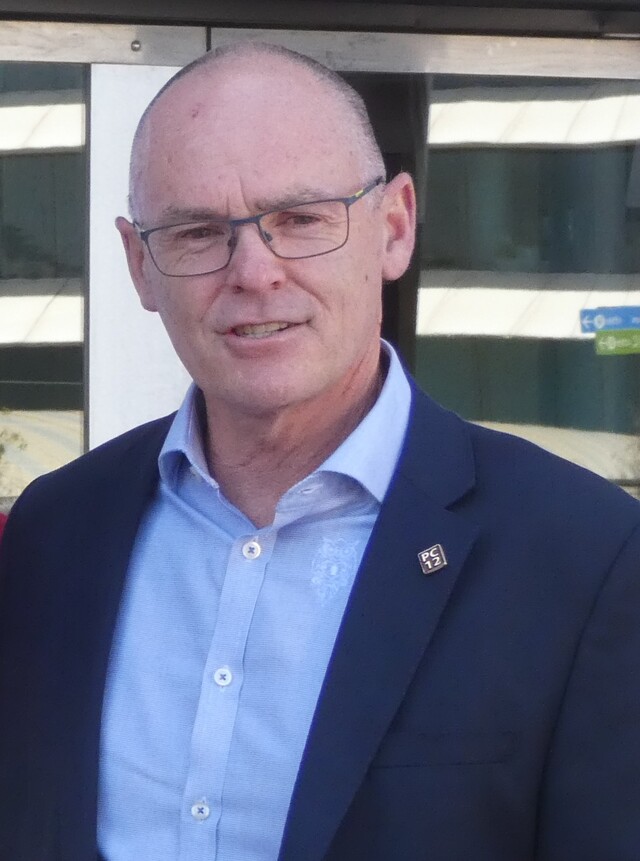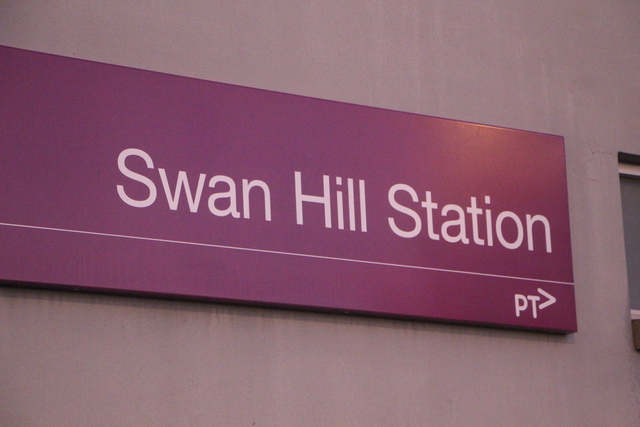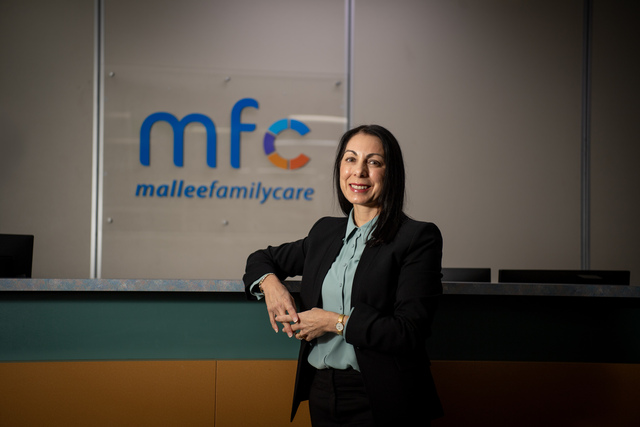National Recycling Week is upon us (November 11-17), and in light of the annual event Danielle Meddemmen caught up with Tom Fagan to chat about how we can make simple changes in our everyday lives to benefit the environment. Picture: Krystal Torney
TOM Fagan has run Tara Landscaping for more than 30 years across Victoria, and boasts a world of knowledge
about functional and beautiful landscapes.
However, Tom is also a passionate advocate for recycling and reusing resources in both his business and on a smaller household scale.
His awareness came from his family growing up, and has continued to develop since owning his own business.
“I come from a family that was quite aware of the environment. My Father was a landscape gardener and we made sure we didn’t waste anything,” he says.
“I come from a big family, too, and we were aware things cost money, they didn’t fall out of trees and you made the best of what you had.”
While making many conscious choices about reducing his waste through his business, Tom has also suggested things that the everyday person and family can do to contribute to their household’s waste reduction.
Recycle your green waste
Green waste refers to things like grass clippings, branches and leaves, which can be recycled into valuable materials like mulch.
Currently in Mildura, there is a two-bin system in place, which can make it seem hard for households to recycle their green waste.
However, Tom says there are recycling centres that can be utilised as an alternative to dumping green waste.
“That’s one way for landholders to simply make a difference; don’t put green waste in bins, use it and dispose of it in a place that can be recycled,” Tom says.
“But be mindful that you don’t put rubbish in with (green waste), because if you do it contaminates it and it is turned from green waste into waste and becomes landfill and can’t be utilised in our municipality.”
Mildura Council has also promised the introduction of a three-bin system to Mildura with hopes to have it in action by mid-2020.
Separate your loads
A large part of recycling issues come down to loads that have been contaminated, or have not been properly separated and can therefore not be recycled.
While this goes for things like soft plastics and tissues, which can contaminate a recycling load, Tom says a big cause of waste is the dreaded skip bin.
“If you’re doing a big clean up at your house, don’t just throw it all in a skip bin – what a waste of time that is,” he says.
“If you have a look at a skip bin you see steel, concrete, green waste, paper and so on.
“You have all of these materials which are 100 per cent recyclable all mixed into a big load of nothing and then taken to landfill because no one is prepared to sort through that.”
Finding out where you can recycle larger materials locally can aid people like Tom in being able to reuse materials in his business.
Avoid water wastage
One large misconception about maintaining a garden or lawn is the amount of water it needs, and in turn can lead to a lot of wasted water in households.
Tom says a little bit of research goes a long way when it comes to maintaining a garden, and finding appropriate plants for the environment can be a great water saver.
“Some people think not watering is the solution to reducing wastage, but efficient and effective watering, mulching and appropriate plants are the way to go,” Tom says.
“You don’t need to water your lawn until it’s flowing down into your next door neighbour’s place.”
A little goes a long way
It’s very easy to take the passenger seat when it comes to making a difference, but Tom says that every little bit counts.
“Us as a community need to start to think ‘why don’t I try and recycle my little bit?’ And I know a lot of people think what’s the point?”
“Because it is only a little bit but if you multiply that by the population of Mildura – that’s a lot.
“Those simple things make a massive difference to an area or a regional community.”

